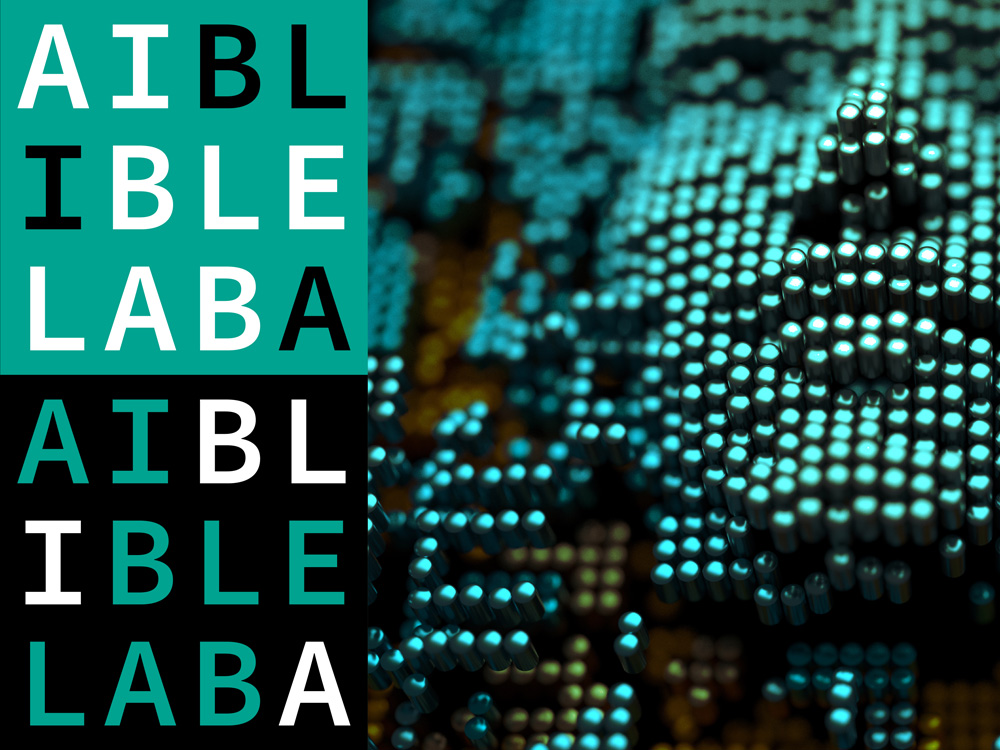Projects
Applied AI
Fundamental AI
An intelligent decision support framework for circular design based on ontology and multi-agent system
Tian Xia
The construction industry attracts noteworthy attention in the Circular Economy (CE) transition because of its substantial resource intensity. However, the complexity of circular design (e.g., early involvement of multi-stakeholder, conflicts between design interest, and uncertainties of circular supply chain) significantly hindered the development of circular construction. This project aims to facilitate circular design by creating an intelligent decision-support framework. First, a knowledge base will be created to explicitly formulate the attributes of secondary material, stakeholders, and tasks related to circular design using ontology and semantic web technologies. Then, modeling and AI-based agents will be developed to expediate circular design processes (e.g., material selection, bidding, and design strategy making) of multi-stakeholder by automating dynamic supply-demand matching, multi-participant negotiation, and multi-criteria decision making tasks.
Interactive Design for the built environment with a Hybrid Intelligence approach
Amir Homayouni Rad
How interactively can multiple parties, including designers, engineers, laypersons, and stakeholders, design buildings toward energy transition through deliberation in the participatory design process? Through a hybrid intelligence approach, this research focus on finding ways to connect parties involved in the architecture, engineering, and construction (AEC) industry to engage in interactive deliberation about design problems through the use of linguistic techniques such as natural language processing in the early stage of the design process. The goal is to make and facilitate broader collaboration and idea generation among the various parties involved in the design process.
Intelligent User Interface Framework for Sustainability: Influencing the Collective Decision-Making Process Toward Sustainability with Artificial Intelligence
Koray Bingöl
Koray’s research is interdisciplinary and focuses on topics of participatory governance, energy transition and artificial intelligence. The research aims to find the leverage points to intervene in the decision-making processes of policy makers and influence the decision makers to get insightful feedbacks from the public in the transition to sustainable energy by analyzing the public opinions via digital platforms with machine intelligence.
Enabling Sustainable and Persuasive Long-Term Human-AI Interaction in the Built Environment
Antonio Mone
Artificial intelligent agents interact with us daily and are increasingly involved in our lives. This research aims at providing a solution to the problem of long-term interaction to create agents that can maintain a trustworthy and persuasive relationship with users. This research explores the potential of AI-based agents, such as digital assistants and social robots, embedded in the built environment to form an ongoing relationship with users. A specific focus will go towards learning to influence built environment users' daily decisions to make more sustainable choices for circularity and energy transition.

